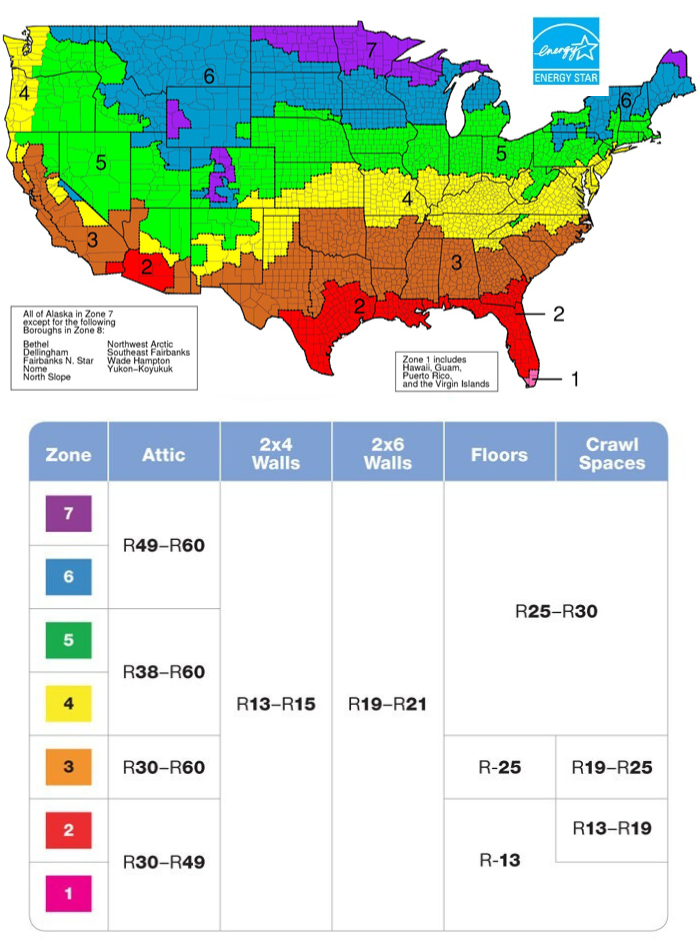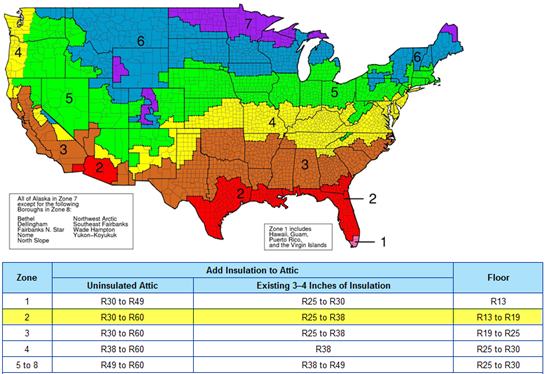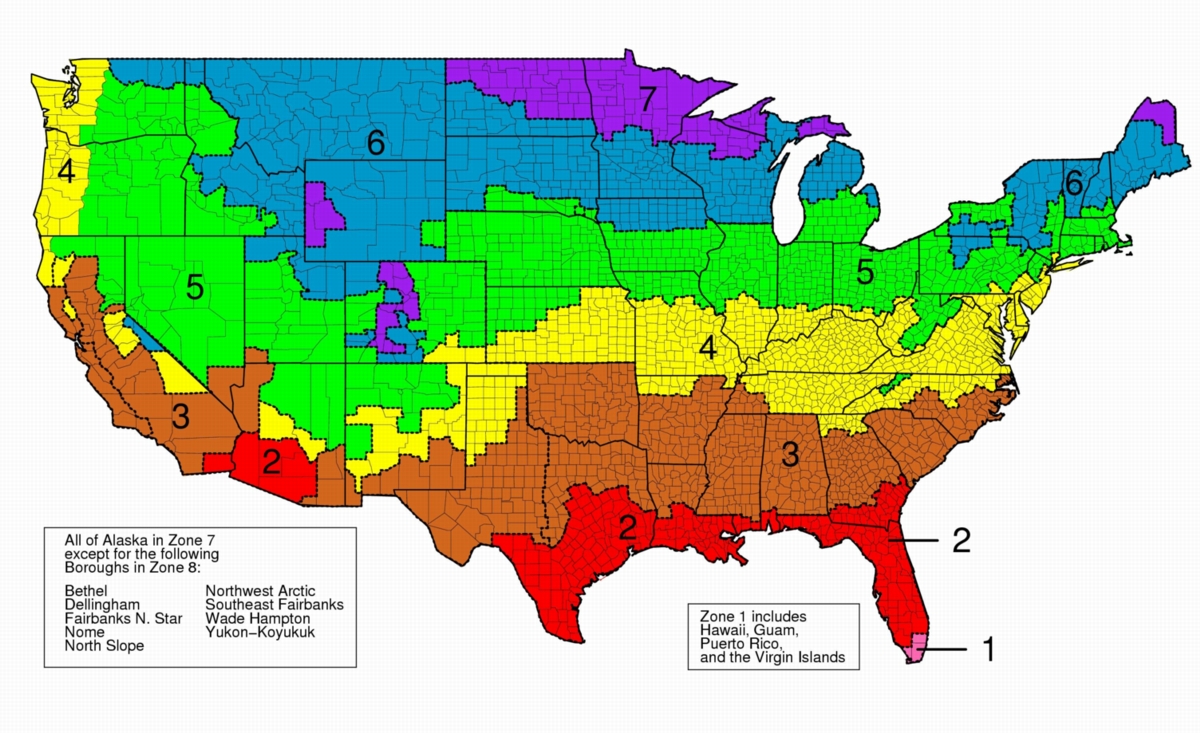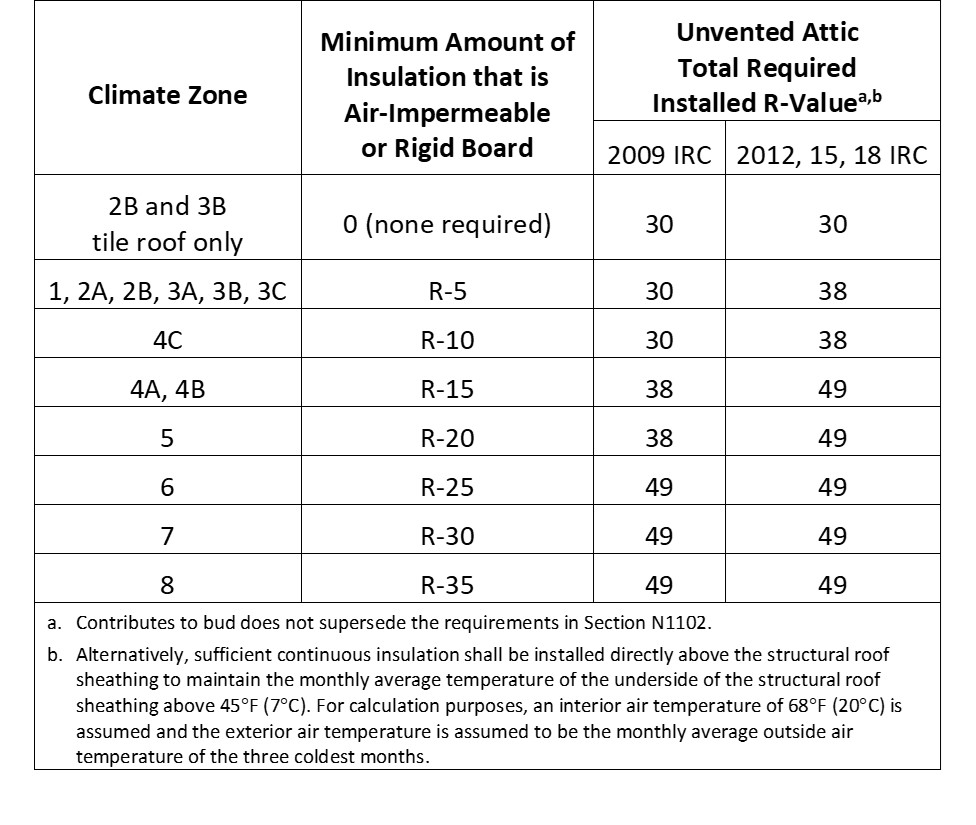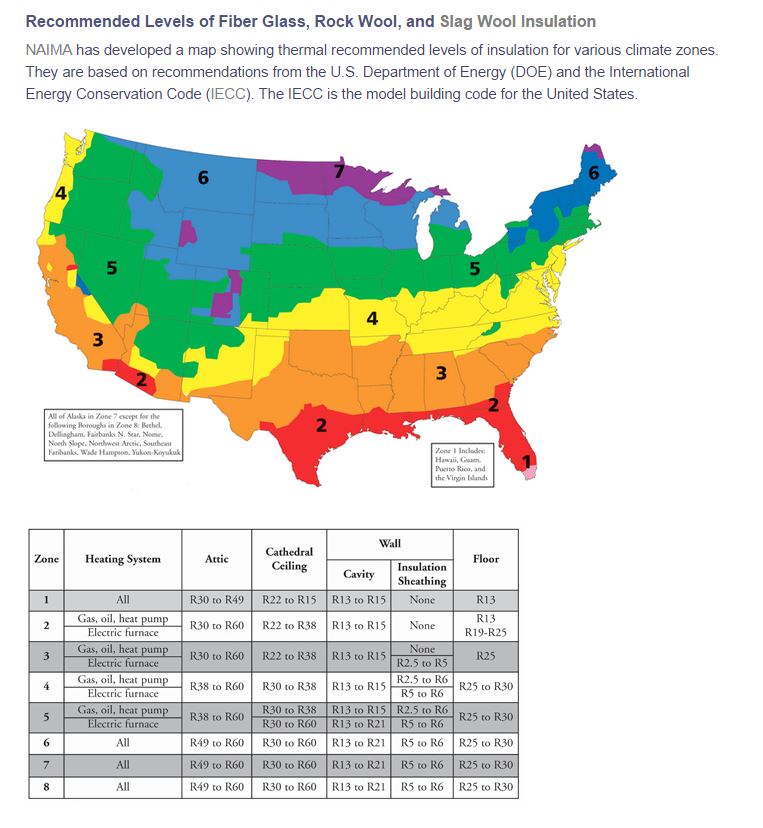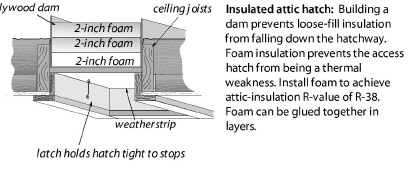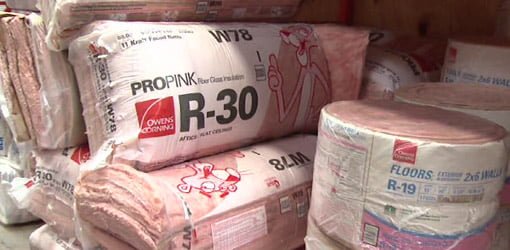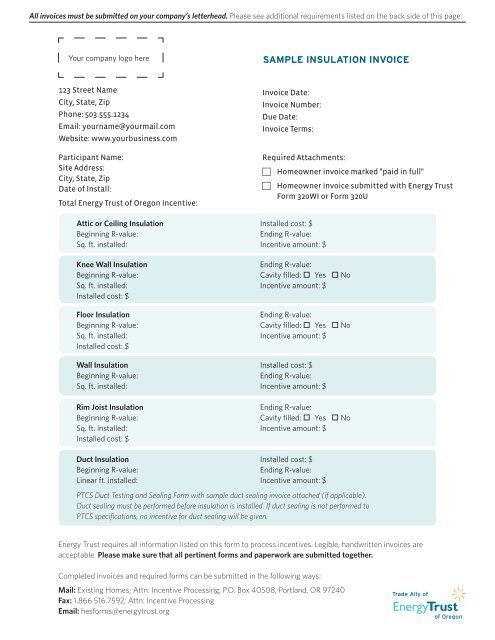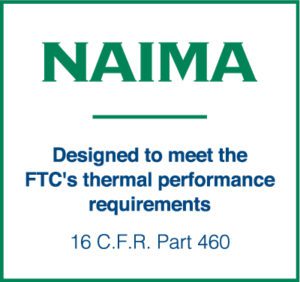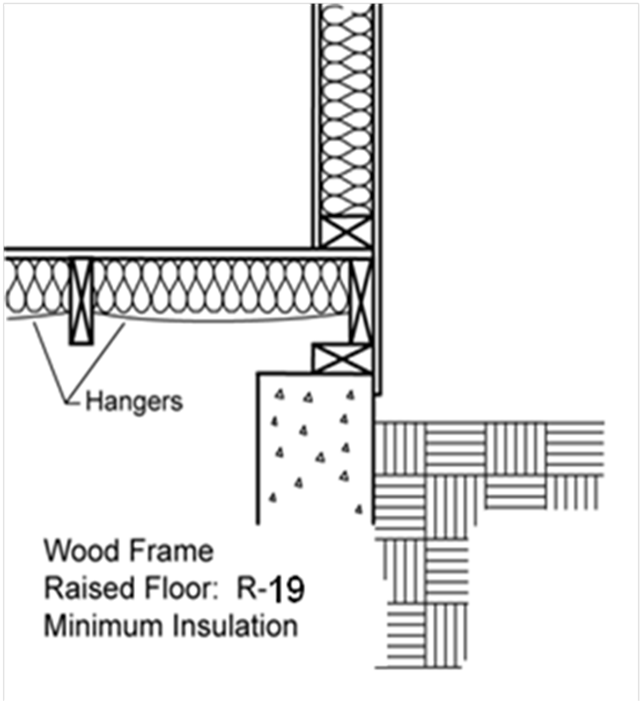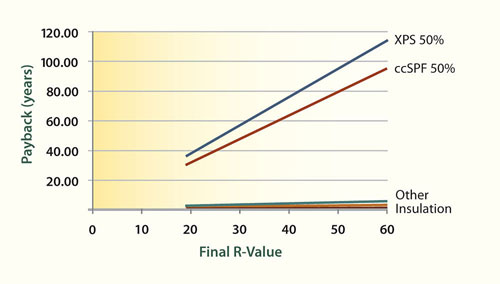Acceptable Attic Insulation R Value

If you compare the r value of sawdust and wood chips to our modern insulation products the insulation value is poor.
Acceptable attic insulation r value. However there is an exception. See the department of energy s doe ranges for recommended levels of insulation below. Typical fiberglass batt insulation has an r value between 2 9 and 3 8 per inch of thickness. Insulation level are specified by r value.
These r values are a sum meaning this should be the total r value once you add up the entire depth of insulation. This zone has a recommended r value of 30 to 60 for an uninsulated attic r25 to r38 for an attic with existing insulation and r13 to r19 for the floor. The 2015 irc requires r 49 insulation for ceilings with attic spaces. If you are heating a home with wood chips in the attic then you are wasting.
Often the depth of the wood shaving insulation was insufficient to today s standards and as it settled it has little or no thermal benefits. R value is a measure of insulation s ability to resist heat traveling through it. Typical recommendations for exterior walls are r 13 to r 23 while r 30 r 38 and r 49 are common for ceilings and attic spaces. The table below shows what levels of insulation are cost effective for different climates and.
There are many ways to retrofit a home with fiberglass and. You will need a higher r value of insulation if you live in the northeast than if you live in southern california. R 38 shall be deemed to satisfy the requirement for r 49 wherever the full height of uncompressed r 38 insulation extends over the wall top plate at the eaves. For example if you have a type of insulation that has an r value of r 5 per inch of thickness you will need a depth of 6 inches of this insulation installed in your attic to reach r 30 if you live in zones 2 or 3.
Your home s age if your home is more than 10 year old you likely need more insulation. So to achieve an r 49 you will need between 13 and 17 inches thick of batt insulation. Each state does have their own minimum insulation requirements which are often lower than the levels recommended by the department of energy. The higher the r value the better the thermal performance of the insulation.
